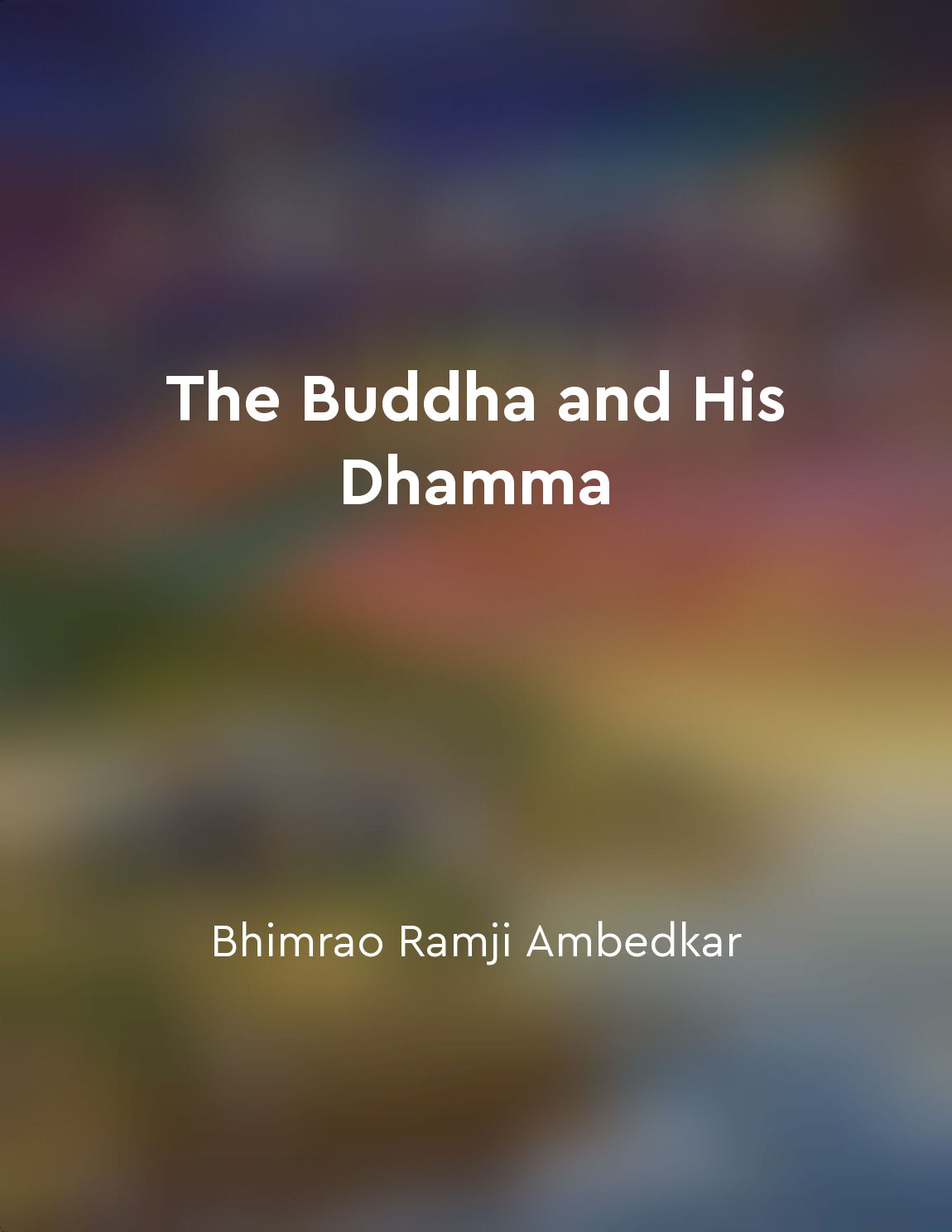Audio available in app
Embrace nonviolence as a weapon from "summary" of Mahatma Gandhi : His Own Story by C. F Andrews
Gandhi's belief in the power of nonviolence was not just a passive resistance to evil, but an active force that could be used as a weapon in the fight for justice. He saw nonviolence as a way to transform the oppressor as well as the oppressed, creating a path to reconciliation and truth. Nonviolence, for Gandhi, was not a sign of weakness, but a demonstration of moral strength and courage. It required a deep understanding of human nature and a commitment to love and compassion, even for one's enemies. By embracing nonviolence as a weapon, Gandhi believed that individuals could tap into a universal force that transcended physical violence and hatred. Gandhi's philosophy of nonviolence was rooted in his belief in the inherent goodness of humanity. He saw violence as a distortion of human nature, a product of fear, ignorance, and selfishness. Nonviolence, on the other hand, was a reflection of the divine spark within each individual, a force that could unite people in the pursuit of truth and justice. By choosing nonviolence as a weapon, Gandhi sought to break the cycle of violence and retaliation that had plagued human history. He believed that violence only bred more violence, leading to an endless cycle of destruction and suffering. Nonviolence, on the other hand, offered a way out of this cycle, a way to transform conflict and hatred into understanding and compassion. Gandhi's commitment to nonviolence was not just a personal belief, but a political strategy that he used to great effect in his fight against British colonial rule in India. By organizing mass nonviolent protests and boycotts, Gandhi was able to mobilize the Indian people and challenge the authority of the British Empire. In the end, Gandhi's embrace of nonviolence as a weapon was not just a practical tactic, but a deeply held conviction that guided his life and work. He saw nonviolence as a way to create a more just and compassionate world, where individuals could live in harmony with one another and with the natural world. Gandhi's legacy continues to inspire people around the world to embrace nonviolence as a powerful force for change and transformation.Similar Posts

Four Noble Truths pave the path to enlightenment
The Buddha taught that life is suffering. Birth is suffering, old age is suffering, sickness is suffering, death is suffering. ...
Truth defended amidst doubts
When faced with doubts, one must stand firm in defense of the truth. It is easy to waver when others question your beliefs or a...
Impact of World War I and II
The impact of World War I and II on India was significant and far-reaching. Both wars brought about major changes in the politi...
Stand firm in convictions
Gandhi believed that it was essential to hold steady in one's beliefs, even when faced with opposition or obstacles. He emphasi...
Champion the marginalized and oppressed
In the midst of my travails, the plight of the marginalized and oppressed has always weighed heavily on my mind. Their sufferin...
Gupta Empire was a golden period in Indian history
The Gupta Empire is often considered as a golden period in Indian history due to various reasons. One of the main reasons is th...
Foster community and cooperation
Gandhi believed in the power of community and cooperation. He saw these as essential elements for building a better society. He...
